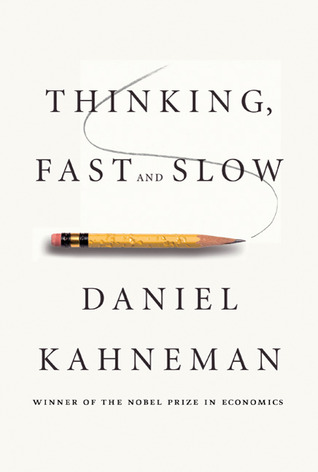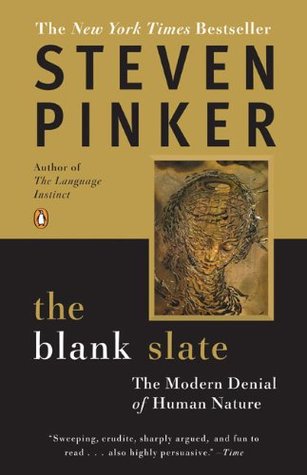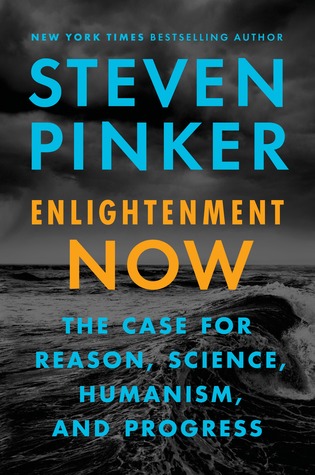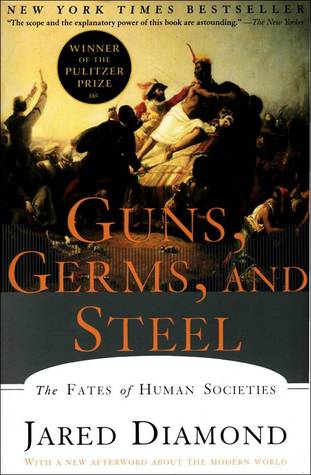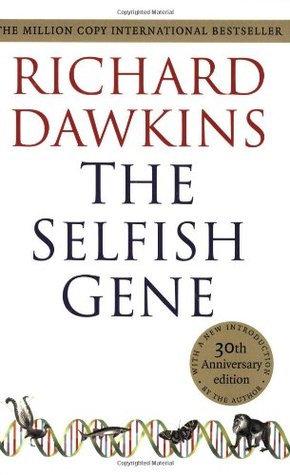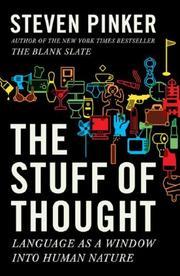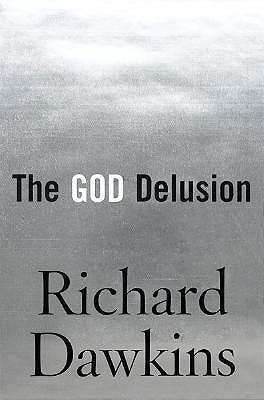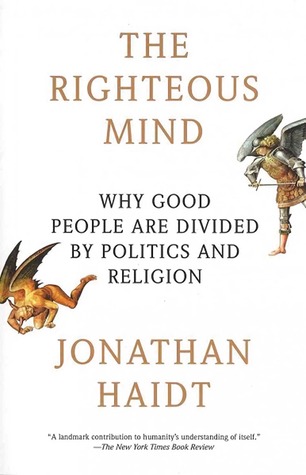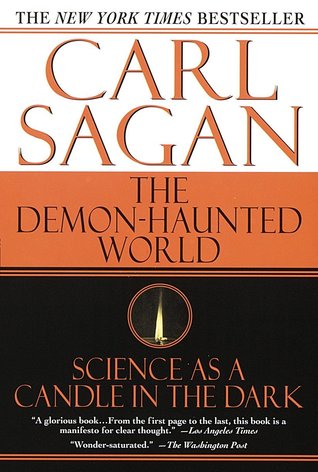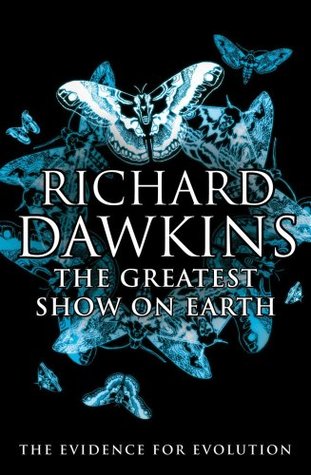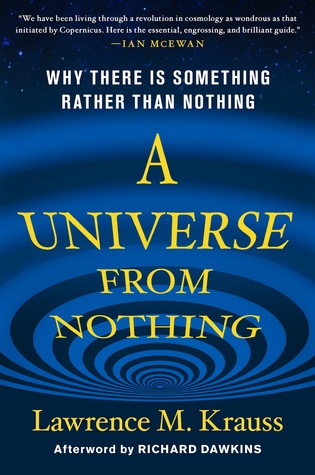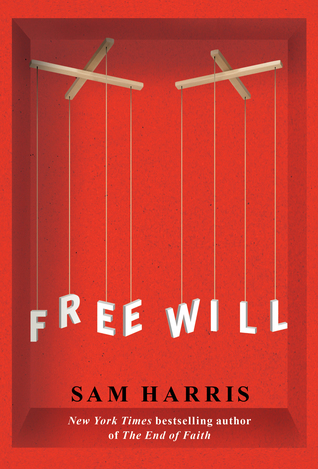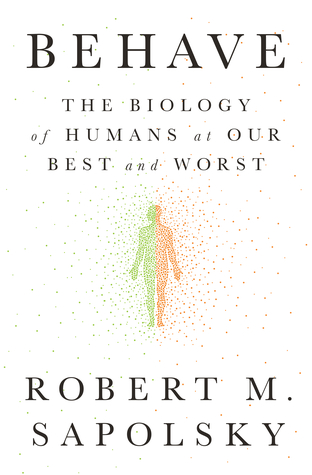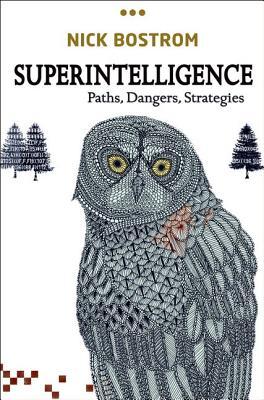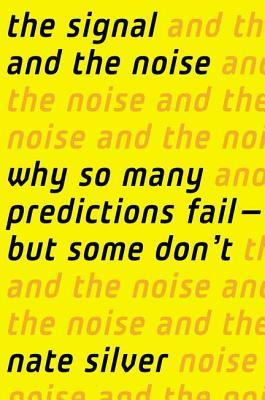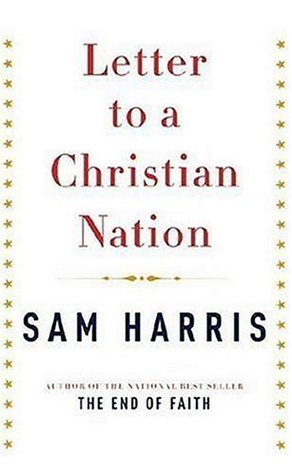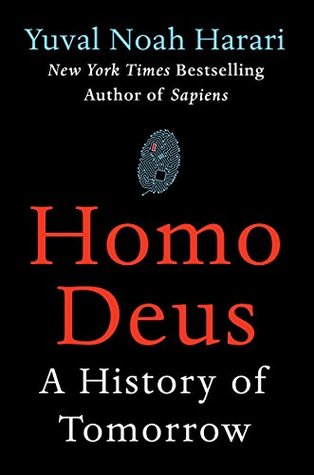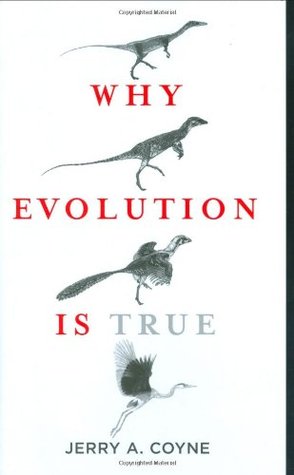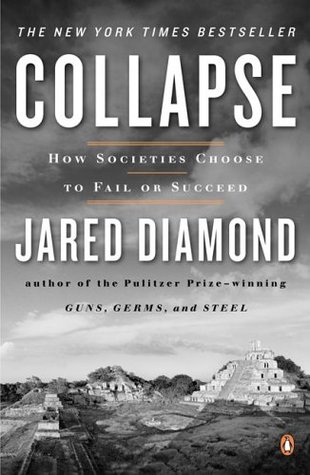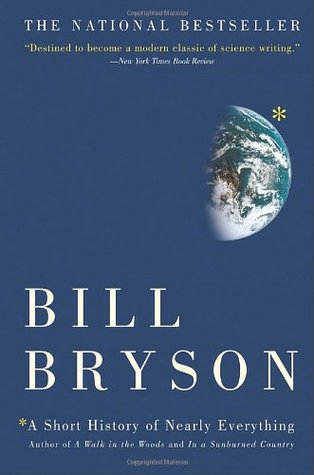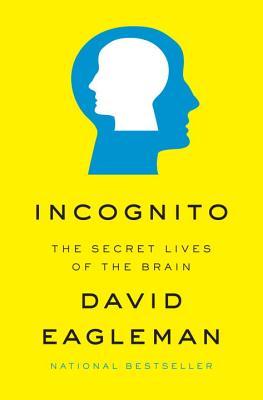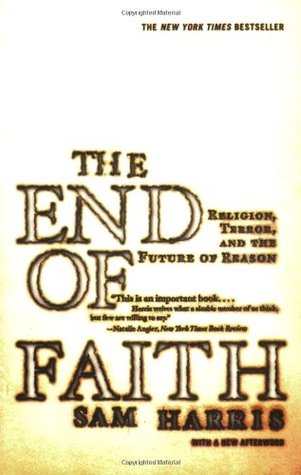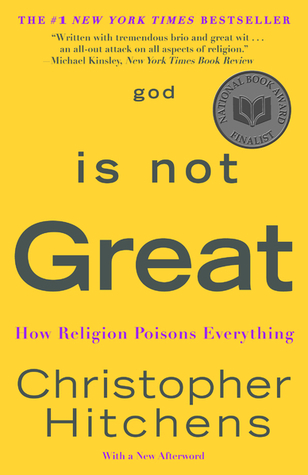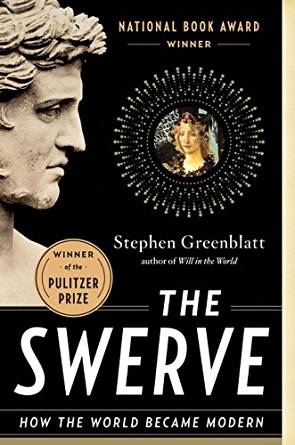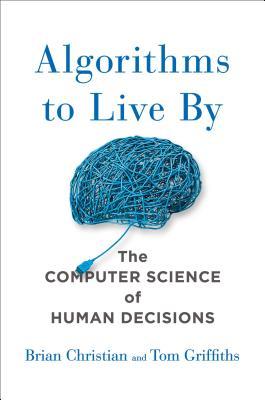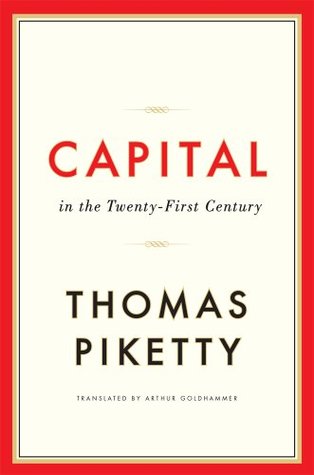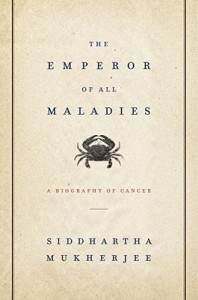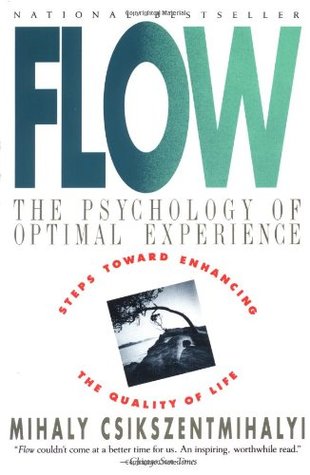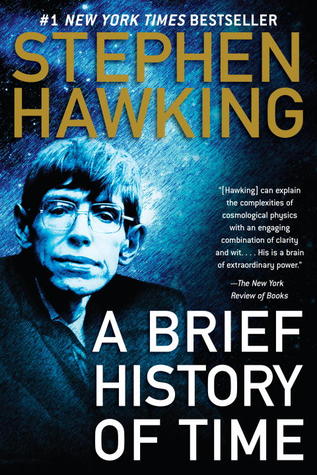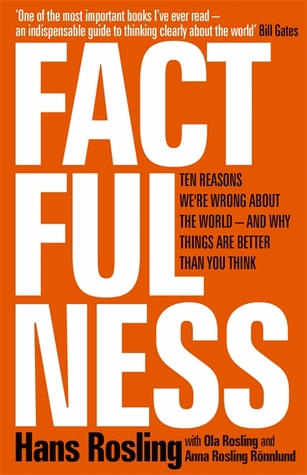Powered by a book like {foo}
Recommendations based on The Better Angels of Our Nature: Why Violence Has Declinedby Steven Pinker
* statistically, based on millions of data-points provided by fellow humans
Thinking, Fast and Slow
by Daniel Kahneman
An exploration of the two systems of the mind, and how they influence decision-making.
In the highly anticipated Thinking, Fast and Slow , Kahneman takes us on a groundbreaking tour of the mind and explains the two systems that drive the way we think. System 1 is fast, intuitive, and ... (Goodreads)
The Blank Slate: The Modern Denial of Human Nature
by Steven Pinker
The exploration of the science of human nature, including the implications for society.
In The Blank Slate , Steven Pinker explores the idea of human nature and its moral, emotional, and political colorings. He shows how many intellectuals have denied the existence of human nature by ... (Goodreads)
Enlightenment Now: The Case for Reason, Science, Humanism, and Progress
by Steven Pinker
A data-driven argument for the progress of humanity through reason, science, and humanism.
If you think the world is coming to an end, think again: people are living longer, healthier, freer, and happier lives, and while our problems are formidable, the solutions lie in the Enlightenment ... (Goodreads)
Guns, Germs, and Steel: The Fates of Human Societies
by Jared Diamond
Tracing the origins of human civilizations through the lens of geography, technology, and biology.
"Diamond has written a book of remarkable scope ... one of the most important and readable works on the human past published in recent years." Winner of the Pulitzer Prize and a national bestseller: ... (Goodreads)
The Selfish Gene
by Richard Dawkins
A study of evolutionary biology, exploring how genes act and how they impact behavior.
Inheriting the mantle of revolutionary biologist from Darwin, Watson, and Crick, Richard Dawkins forced an enormous change in the way we see ourselves and the world with the publication of The ... (Goodreads)
The Stuff of Thought: Language as a Window into Human Nature
by Steven Pinker
A fascinating exploration of how language reflects and shapes our thoughts, emotions, and experiences.
New York Times bestselling author Steven Pinker possesses that rare combination of scientific aptitude and verbal eloquence that enables him to provide lucid explanations of deep and powerful ideas. ... (Goodreads)
The God Delusion
by Richard Dawkins
Scientific exploration of the evidence for and against religious belief.
A preeminent scientist - and the world's most prominent atheist - asserts the irrationality of belief in God, and the grievous harm religion has inflicted on society, from the Crusades to 9/11. With ... (Goodreads)
The Righteous Mind: Why Good People Are Divided by Politics and Religion
by Jonathan Haidt
Exploring the underlying moral foundations of political and religious beliefs and how they shape our views.
An alternate cover edition of ISBN 9780307377906 can be found, here., Why can’t our political leaders work together as threats loom and problems mount? Why do people so readily assume the worst about ... (Goodreads)
The Demon-Haunted World: Science as a Candle in the Dark
by Carl Sagan
A critical look at superstition and pseudoscience, advocating for the power of science and reason.
How can we make intelligent decisions about our increasingly technology-driven lives if we don’t understand the difference between the myths of pseudoscience and the testable hypotheses of science? ... (Goodreads)
The Greatest Show on Earth: The Evidence for Evolution
by Richard Dawkins
An exploration of the evidence and science of evolution, highlighting its importance in understanding the history of life on Earth.
Charles Darwin’s masterpiece, On the Origin of Species , shook society to its core on publication in 1859. Darwin was only too aware of the storm his theory of evolution would provoke but he would ... (Goodreads)
A Universe from Nothing: Why There Is Something Rather Than Nothing
by Lawrence M. Krauss
A scientific exploration of the origins of the universe, proposing that it could have arisen from nothing.
Bestselling author and acclaimed physicist Lawrence Krauss offers a paradigm-shifting view of how everything that exists came to be in the first place. “Where did the universe come from? What was ... (Goodreads)
Free Will
by Sam Harris
An exploration of the implications of determinism, examining the role of free will in our lives.
Belief in free will touches nearly everything that human beings value. It is difficult to think about law, politics, religion, public policy, intimate relationships, morality—as well as feelings of ... (Goodreads)
Behave: The Biology of Humans at Our Best and Worst
by Robert M. Sapolsky
An exploration of biology, behavior, and human nature, uncovering why we act the way we do.
Why do we do the things we do? More than a decade in the making, this game-changing book is Robert Sapolsky's genre-shattering attempt to answer that question as fully as perhaps only he could, ... (Goodreads)
Superintelligence: Paths, Dangers, Strategies
by Nick Bostrom
A philosophical exploration of the implications of artificial intelligence on humanity.
Superintelligence asks the questions: what happens when machines surpass humans in general intelligence? Will artificial agents save or destroy us? Nick Bostrom lays the foundation for understanding ... (Goodreads)
The Signal and the Noise: Why So Many Predictions Fail—But Some Don't
by Nate Silver
An exploration of the art and science of prediction, examining why some predictions succeed while others fail.
Nate Silver built an innovative system for predicting baseball performance, predicted the 2008 election within a hair's breadth. He solidified his standing as the nation's foremost political ... (Goodreads)
Letter to a Christian Nation
by Sam Harris
A refutation of religious dogma and an argument for the supremacy of reason.
In response to The End of Faith , Sam Harris received thousands of letters from Christians excoriating him for not believing in God. Letter to A Christian Nation is his reply. Using rational ... (Goodreads)
Homo Deus: A History of Tomorrow
by Yuval Noah Harari
An exploration of humanity's future, and the potential paths of our species.
Yuval Noah Harari, author of the critically-acclaimed, New York Times, bestseller and international phenomenon, Sapiens, returns with an equally original, compelling, and provocative book, turning ... (Goodreads)
Why Evolution Is True
by Jerry A. Coyne
Comprehensive exploration of the evidence for evolutionary biology.
Why evolution is more than just a theory: it is a fact. In all the current highly publicized debates about creationism and its descendant "intelligent design," there is an element of the controversy ... (Goodreads)
Collapse: How Societies Choose to Fail or Succeed
by Jared Diamond
Study of past societies' successes and failures in terms of environmental, economic, and political decisions.
Brilliant, illuminating, and immensely absorbing, Collapse is destined to take its place as one of the essential books of our time, raising the urgent question: How can our world best avoid ... (Goodreads)
A Short History of Nearly Everything
by Bill Bryson
A captivating overview of the natural sciences, spanning the history of the universe.
In Bryson's biggest book, he confronts his greatest challenge: to understand—and, if possible, answer—the oldest, biggest questions we have posed about the universe and ourselves. Taking as territory ... (Goodreads)
Incognito: The Secret Lives of the Brain
by David Eagleman
Uncovering the complex inner workings of the mind, exploring the neuroscience of identity and decision-making.
If the conscious mind—the part you consider you—accounts for only a tiny fraction of the brain’s function, what is all the rest doing? This is the question that David Eagleman—renowned neuroscientist ... (Goodreads)
The End of Faith: Religion, Terror, and the Future of Reason
by Sam Harris
An exploration of religion, its implications for our world and how it can be replaced with reason.
In The End of Faith , Sam Harris delivers a startling analysis of the clash between reason and religion in the modern world. He offers a vivid, historical tour of our willingness to suspend reason in ... (Goodreads)
God Is Not Great: How Religion Poisons Everything
by Christopher Hitchens
Criticism of organized religion, arguing it is the root of much suffering in the world.
With his unique brand of erudition and wit, Hitchens describes the ways in which religion is man-made. "God did not make us," he says. "We made God." He explains the ways in which religion is ... (Goodreads)
The Swerve: How the World Became Modern
by Stephen Greenblatt
Uncovering the history of an ancient philosophical poem, and its impact on the modern world.
One of the world's most celebrated scholars, Stephen Greenblatt has crafted both an innovative work of history and a thrilling story of discovery, in which one manuscript, plucked from a thousand ... (Goodreads)
Algorithms to Live By: The Computer Science of Human Decisions
by Brian Christian
Exploring the relationship between computers and human thinking to help us make better decisions.
A fascinating exploration of how insights from computer algorithms can be applied to our everyday lives, helping to solve common decision-making problems and illuminate the workings of the human mind ... (Goodreads)
Capital in the Twenty-First Century
by Thomas Piketty
An economic analysis of wealth and inequality in the modern era.
What are the grand dynamics that drive the accumulation and distribution of capital? Questions about the long-term evolution of inequality, the concentration of wealth, and the prospects for economic ... (Goodreads)
The Emperor of All Maladies: A Biography of Cancer
by Siddhartha Mukherjee
A comprehensive account of the history and science of cancer, from its origins to modern treatments.
An alternative cover edition for this ISBN can be found, here, and, here,. The Emperor of All Maladies is a magnificent, profoundly humane “biography” of cancer - from its first documented ... (Goodreads)
Flow: The Psychology of Optimal Experience
by Mihaly Csikszentmihalyi
An exploration of the concept of 'flow' and how it can be used to enhance optimal experience.
Psychologist Mihaly Csikszentmihalyi's investigations of "optimal experience" have revealed that what makes an experience genuinely satisfying is a state of consciousness called flow. During flow, ... (Goodreads)
A Brief History of Time
by Stephen Hawking
Exploring the depths of time and space and the emergence of the universe.
In the ten years since its publication in 1988, Stephen Hawking's classic work has become a landmark volume in scientific writing, with more than nine million copies in forty languages sold ... (Goodreads)
Factfulness: Ten Reasons We're Wrong About the World – and Why Things Are Better Than You Think
by Hans Rosling
A data-driven book that challenges common misconceptions about the world and presents a more accurate, optimistic view of global progress.
Factfulness:, The stress-reducing habit of only carrying opinions for which you have strong supporting facts. When asked simple questions about global trends— what percentage of the world’s ... (Goodreads)
